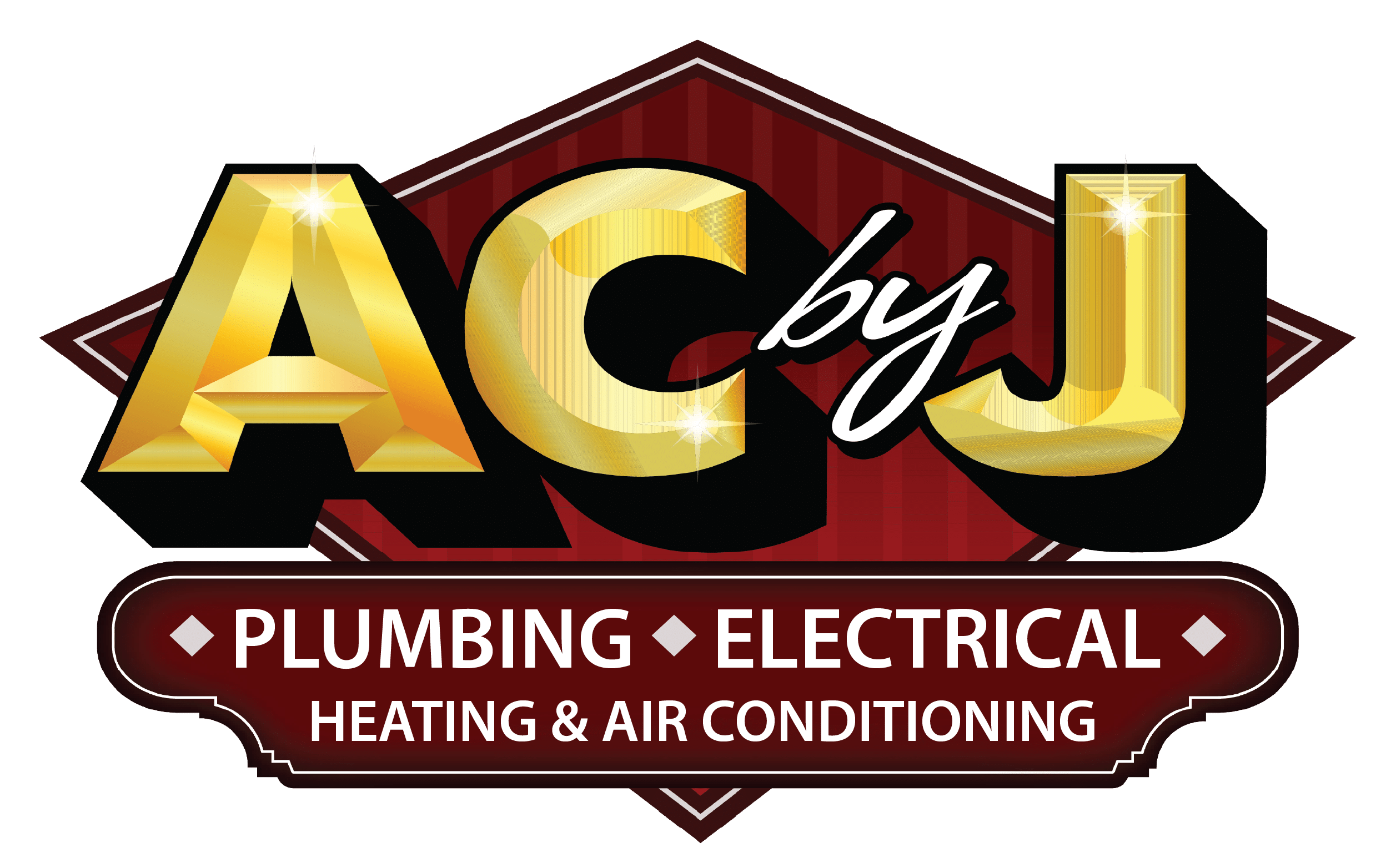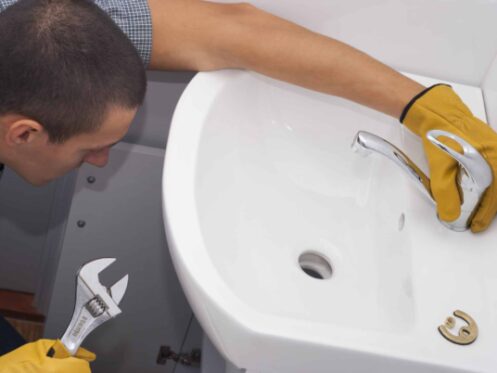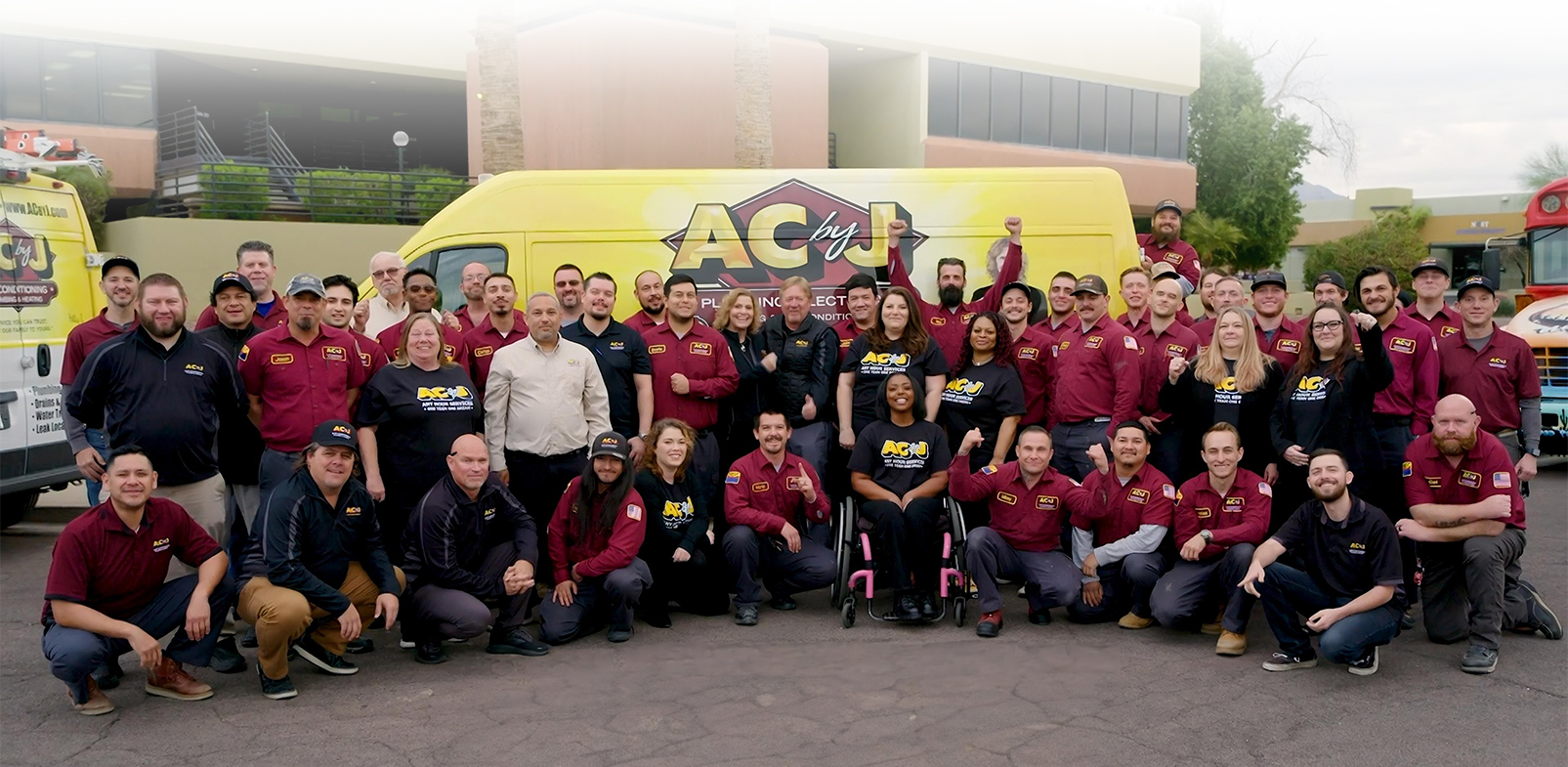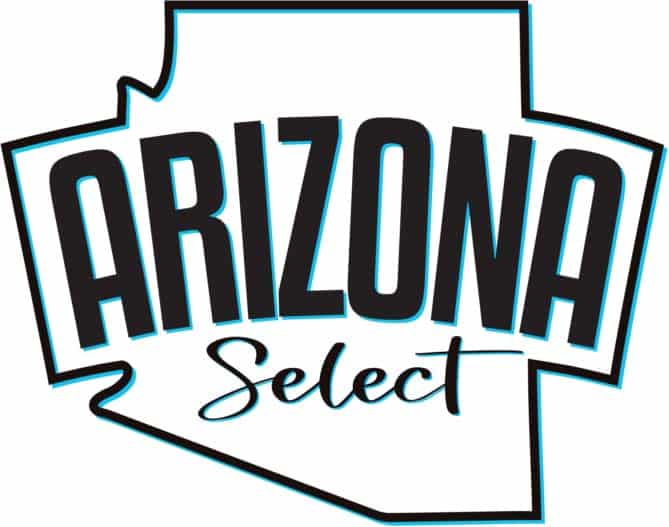Before you purchase a home, you must authorize a plumbing inspection. Many mortgage lenders will require that you have such an inspection before disbursing funds, but some do not. Here is why it’s important to have a plumbing inspection before buying a home.
Identify All the Plumbing Problems
Homeowners often are unaware of the minor or major plumbing issues they have in their houses. So, when it is time to sell their home, they may inadvertently show buyers a property with inconspicuous plumbing problems. If you purchase a home with severe plumbing malfunctions, you will likely have to deal with poor plumbing once you move into the home. Or you will have to halt your move-in plans because the house’s insufficient plumbing has rendered it unlivable.
A plumbing inspection can help you point out deficiencies in your prospective residence. The plumbing inspector will look at the home’s septic and sewer systems to spot issues that may worsen if left unchecked. When analyzing the septic system, the inspector will search for signs of septic failures, such as soft or dead spots in the soil, bizarre plumbing line noises, slow drainage, and septic odors. For the sewer, the inspector may seek out gurgling drains, sinkholes, mold, or mildew to determine whether the home has a clogged or broken sewer system.
Bathrooms can have significant plumbing problems. The inspector will check each bathroom in the home. Common bathroom plumbing problems include:
- Clogged toilets
- Continuously running toilets
- Clogged drains
- Leaky faucets
- Leaky pipes
- Weak water pressure
- Poor water temperature
If you skip an inspection and these problems are unaddressed, they can worsen. You may find yourself faced with unusable sinks, toilets, and showers. And you will have no choice but to remodel one or more of the bathrooms in your newly purchased home.
Kitchens also have issues that plumbers can tackle. Such issues include:
- Clogged sink
- Jammed garbage disposal
- Clogged drains
- Leaky faucets
- Low water pressure
- Dishwasher leaks
- Refrigerator leaks
The inspector will be able to identify these kitchen plumbing issues and discuss how a plumber can fix them. If you leave problems unchecked, you will likely be unable to prepare meals or clean dishes easily if you decide to purchase and move into the home.
There are other parts of the home your inspector may look over, such as:
- Water heaters
- Shutoff valves
- Sump pumps
- Hose spigots
- Lawn sprinkler systems
- Washing machine hoses
- Residential water pressure
Problems with these parts can affect the home’s structure and the safety of its residents. For instance, damaged sump pumps can result in flooded basements and severe water damage. And a broken water heater can release carbon monoxide into a home.
Make Sure the Water Is Drinkable
Old houses, especially ones built before 1970, can have rusted or aging pipes that contaminate the tap water, posing a health risk to those who consume it. If you are considering purchasing an older home, you should have an inspector check if the house has an upgraded plumbing system.
Decades-old homes without upgraded systems typically have pipes made of galvanized steel. These pipes have zinc coating. When these pipes corrode, lead and cadmium, two heavy metals in the zinc coating, enter the water, making the water taste metallic. Water with these heavy metals can harm your health. It can also cause lead poisoning, which is very dangerous for children.
Plumbing inspectors can assist you with making sure the water in your prospective home is safe to drink. They will look at the pipes in the property to determine whether they are galvanized metal. They will likely recommend whole-house repiping if they discover outdated or damaged pipes. They can also advise you on which water filtration or purification system you can use if you want to opt out of whole-home repiping or desire a readily available solution as you await the repiping date.
Confirm the Accuracy of the Home’s Resale Value
A house’s plumbing can impact its resale value. Before buying a home, get a plumbing inspection. The inspector may reveal that the property’s plumbing has minor or major issues, and you could use those revelations as leverage when negotiating with the seller.
If you are planning to purchase a relatively expensive home, getting a plumbing inspection will help you determine if the house’s condition is comparable to its price. If not, you can do one of two things. You can persuade the seller to pay for plumbing repairs or replacements so that the home’s condition matches its price. Or you can ask the seller to reduce the asking price using the inspector’s report as evidence.
Another reason you should get a plumbing inspection is to ascertain the accuracy of the property’s appraisal value. Most mortgage lenders require an appraisal before closing on a home loan, and many will order them. Appraisers, though thorough, do not assume the role of a plumbing inspector. They do not conduct in-depth assessments of a property’s plumbing systems. They take in what is visible to the naked eye when calculating the value of a house.
Fortunately, appraisers factor inspection reports into their calculations. Thus, giving an appraiser a plumbing inspection report helps you receive an accurate appraisal. An accurate estimate could prompt your mortgage lender to increase your loan amount. Or it could convince your seller to lower the asking price to match the given estimate.
What you want to avoid, if possible, is purchasing a home for much more than it is worth. A plumbing inspection can prevent such a situation from occurring. The inspector will examine the property’s plumbing mechanisms and relay their findings directly to you. Or you can join them on a walk-through of each of the home’s plumbing systems.
Either way, the inspector will communicate the home’s plumbing problems to you and give you something tangible, an official report, to present to other parties, such as an appraiser or the home’s seller. The document may reveal severe problems that eliminate your interest in the house and persuade you to opt out of the sale. Or it may suggest minor concerns that you can easily fix.
Trust the Professionals
You will need experts to inspect the plumbing systems in your prospective home. In Scottsdale and the surrounding areas, trust the services of AC by J. Our team can lead a high-quality plumbing inspection. We have experience with numerous plumbing parts and systems, including water heaters, tankless water heaters, sewer lines, sump pumps, pipes, faucets, garbage disposals, and toilets. We also offer HVAC and electrical services. The members of our staff are responsive, friendly, and timely. What’s more, they are career-oriented and professional. Also, many are master-certified, holding top-level certifications from APS, SRP, HPC, NATE, BEI, and most systems manufacturers. We partner with Pearl Certification to improve home efficiency and value.
To learn more about our plumbing inspection services, contact AC by J as soon as possible.






